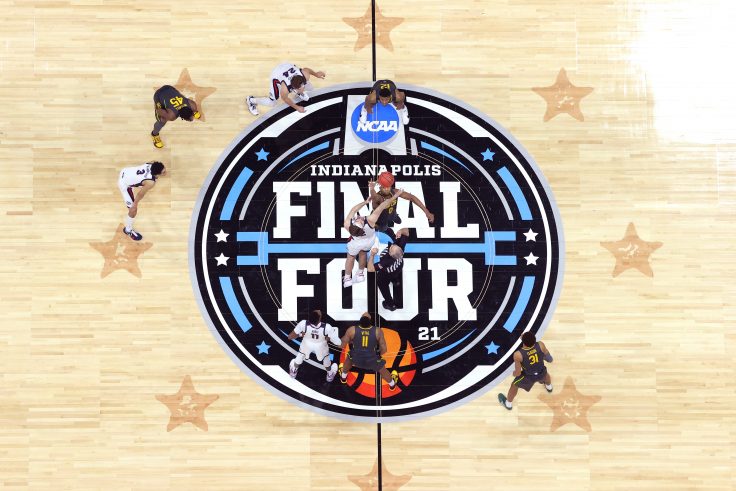The Supreme Court on Monday said the National College Athletic Association cannot place limits on education-related benefits for student athletes, accelerating the athletes' effort to secure compensation.
The decision abolishes limits on scholarships for graduate school, payments for tutoring, and post-eligibility internships worth tens of thousands of dollars, among other things. Justice Neil Gorsuch delivered the opinion for a unanimous Court, which rejected arguments that restrictions are necessary to preserve amateurism in college sports.
Current and former college athletes have pushed for the NCAA to compensate student players. Monday's decision does not go that far, nor does it require colleges to offer remuneration for the use of athletes' images and likenesses. But the Court declined to give the NCAA a blanket exemption from antitrust laws, feeding future legal challenges.
In a separate solo opinion, Justice Brett Kavanaugh encouraged efforts to do away with the prevailing compensation ban.
"Nowhere else in America can businesses get away with agreeing not to pay their workers a fair market rate on the theory that their product is defined by not paying their workers a fair market rate. And under ordinary principles of antitrust law, it is not evident why college sports should be any different," Kavanaugh wrote. "The NCAA is not above the law."
A coalition of current and former Division I football and basketball players filed a class action lawsuit against the NCAA that broadly alleged the compensation ban violates antitrust laws.
They notched a partial victory in federal trial court. U.S. District Judge Claudia Wilken found that cash payments for students could "blur the distinction between college sports and professional sports and thereby negatively affect consumer demand." But she did strike limits on education-related benefits. Those restrictions, Wilken said, don't collapse the distinction between professional sports and amateur athletics in the eyes of consumers. If anything, they "serve to emphasize that the recipients are students, and not professional athletes." The Ninth U.S. Circuit Court of Appeals affirmed Wilken's ruling.
In the High Court, Gorsuch wrote that the justices saw no reason to second-guess the trial court.
"Its judgment does not float on a sea of doubt but stands on firm ground—an exhaustive factual record, a thoughtful legal analysis consistent with established antitrust principles, and a healthy dose of judicial humility," Gorsuch wrote.
The Court also waved away fears that schools will try to smuggle lavish perks to athletes via education-related benefits. For example, the NCAA warned that a relaxed benefits regime might tempt a school to give luxury cars to students under the guise of a transportation subsidy.
"Under the current decree, the NCAA is free to forbid in-kind benefits unrelated to a student's actual education; nothing stops it from enforcing a 'no Lamborghini' rule," Gorsuch wrote.
Writing separately, Kavanaugh emphasized that the Court refused to recognize any special antitrust exemptions for the NCAA, a boon to student athletes in future cases.
"Absent legislation or a negotiated agreement between the NCAA and the student athletes, the NCAA's remaining compensation rules should be subject to ordinary" antitrust rules, Kavanaugh wrote.
Various legislative fixes are on offer in Congress. For example, Sen. Cory Booker (D., N.J.), who played college football at Stanford, is sponsoring a "College Athletes Bill of Rights" that provides for name and image remuneration, equitable compensation, and tighter health and safety standards.
The NCAA represents about 1,100 colleges and universities over three divisions, generating billions of dollars in revenue. Gorsuch noted the television contract for the NCAA's March Madness tournament alone is worth over $1 billion annually.
The case is No. 20-512 NCAA v. Alston.
